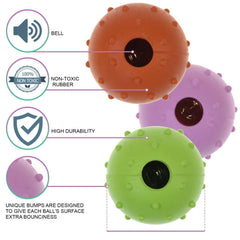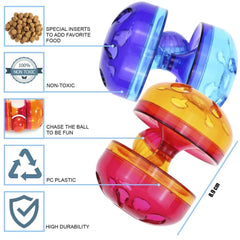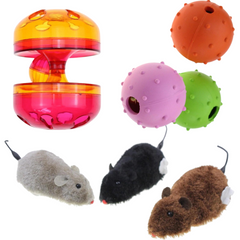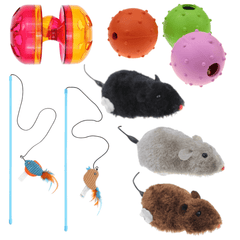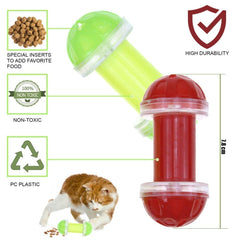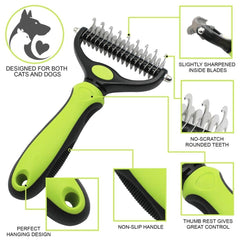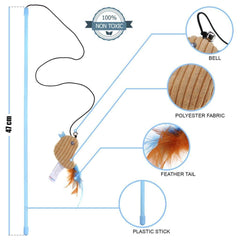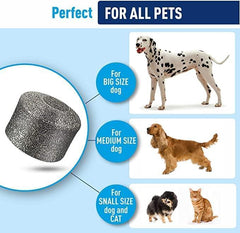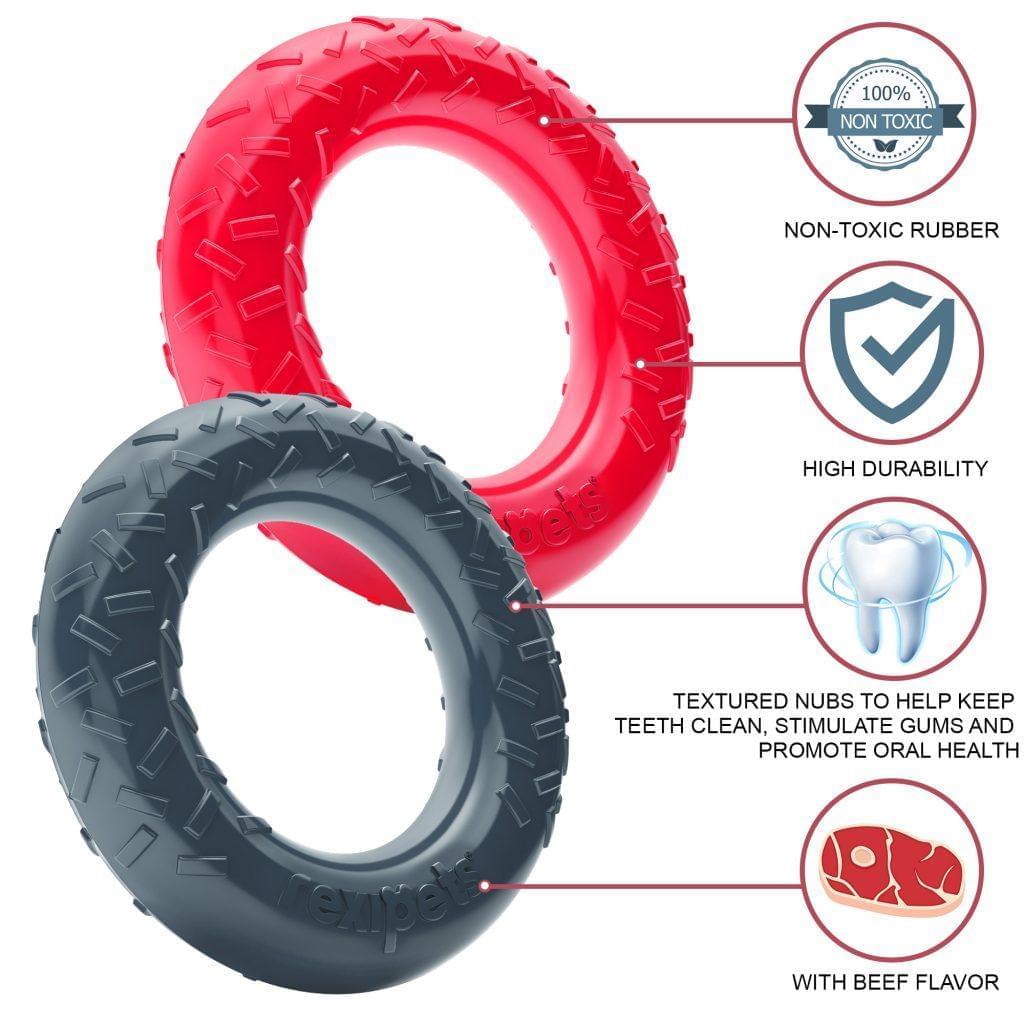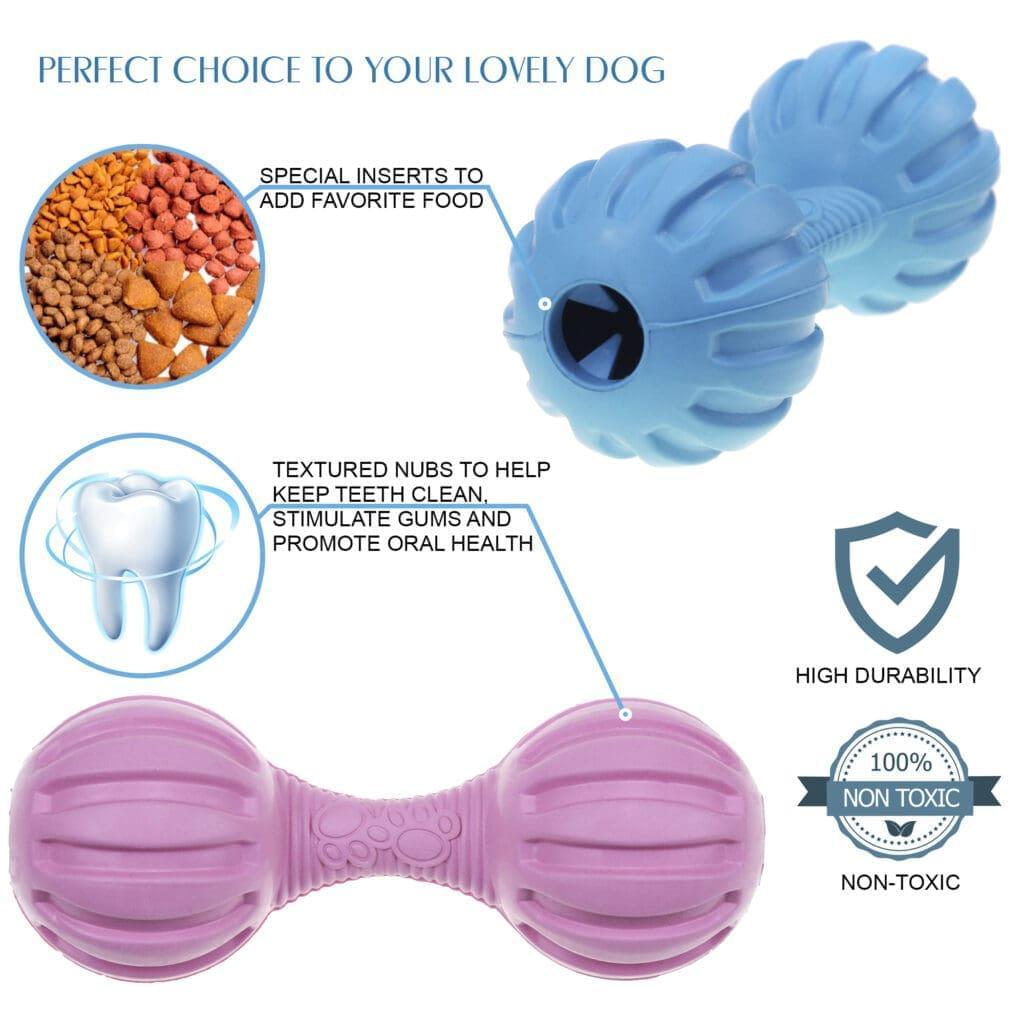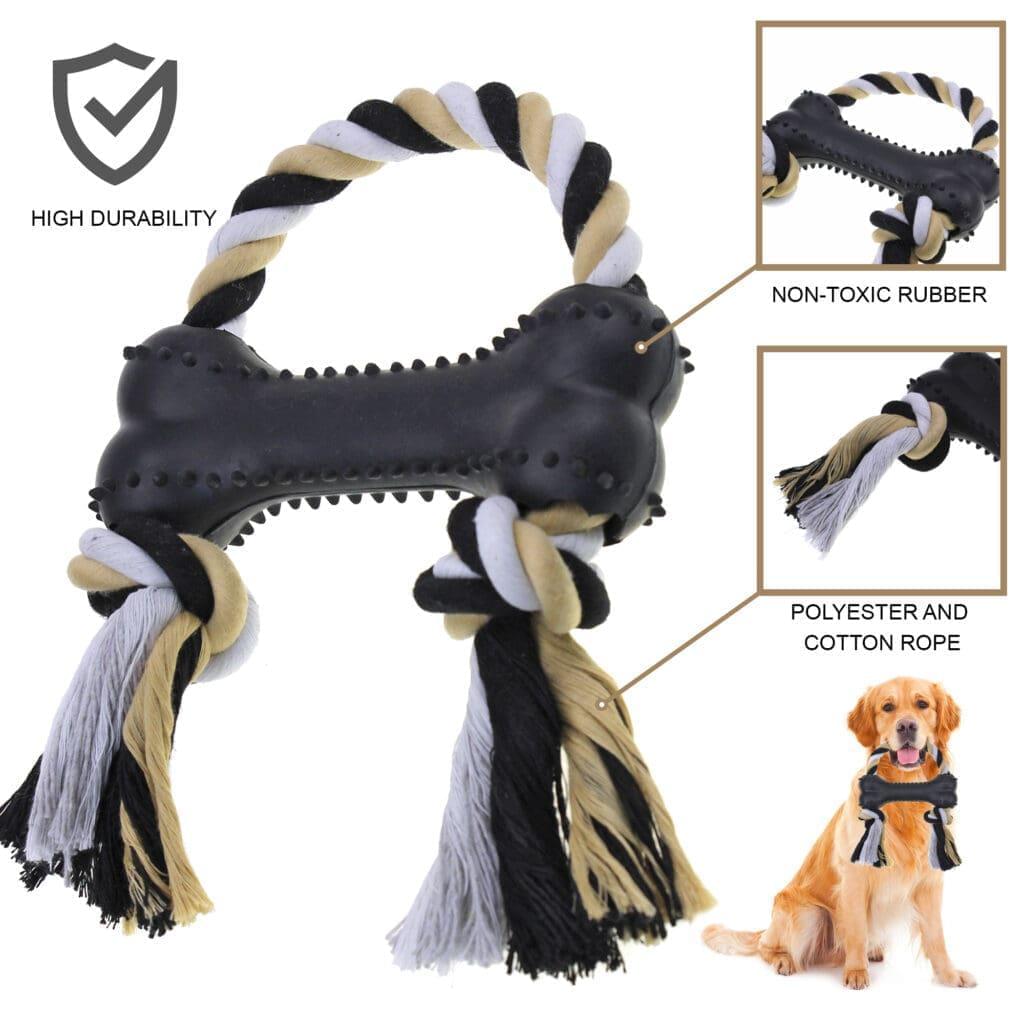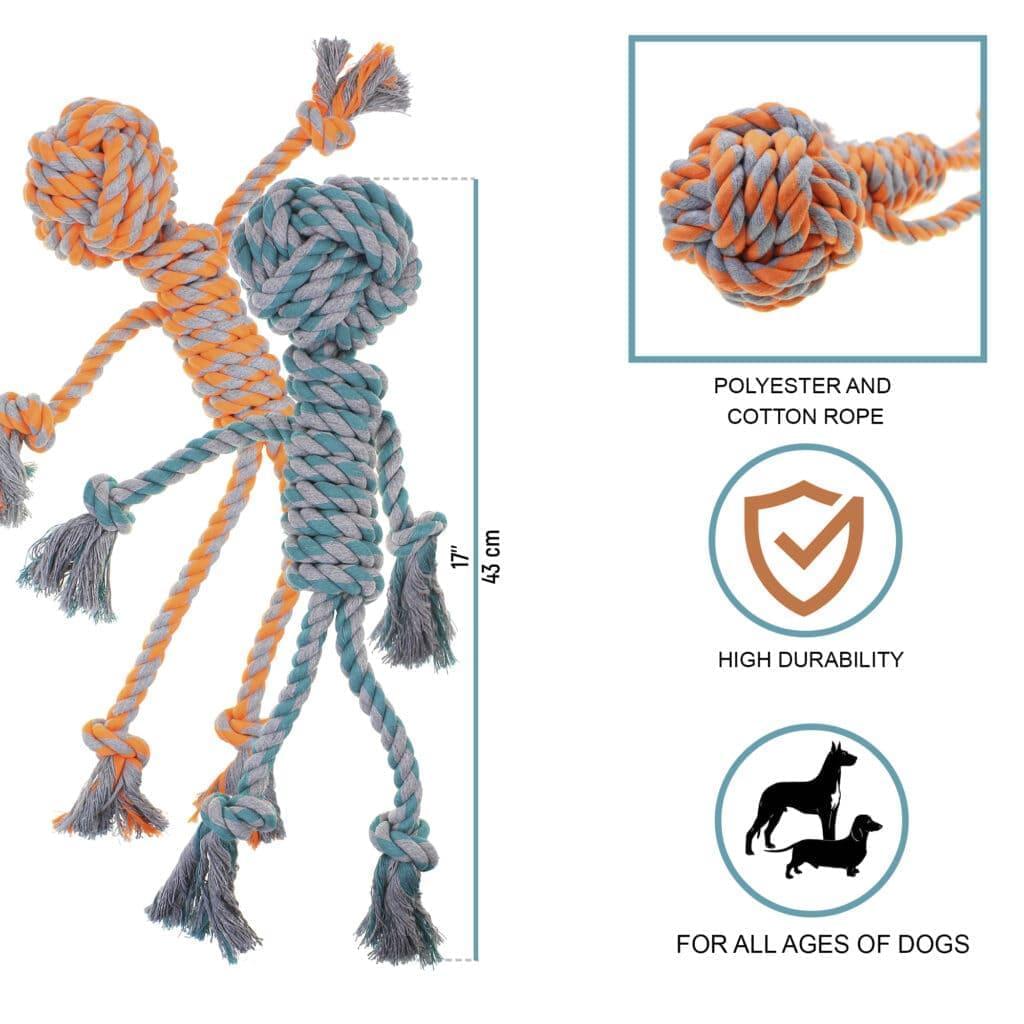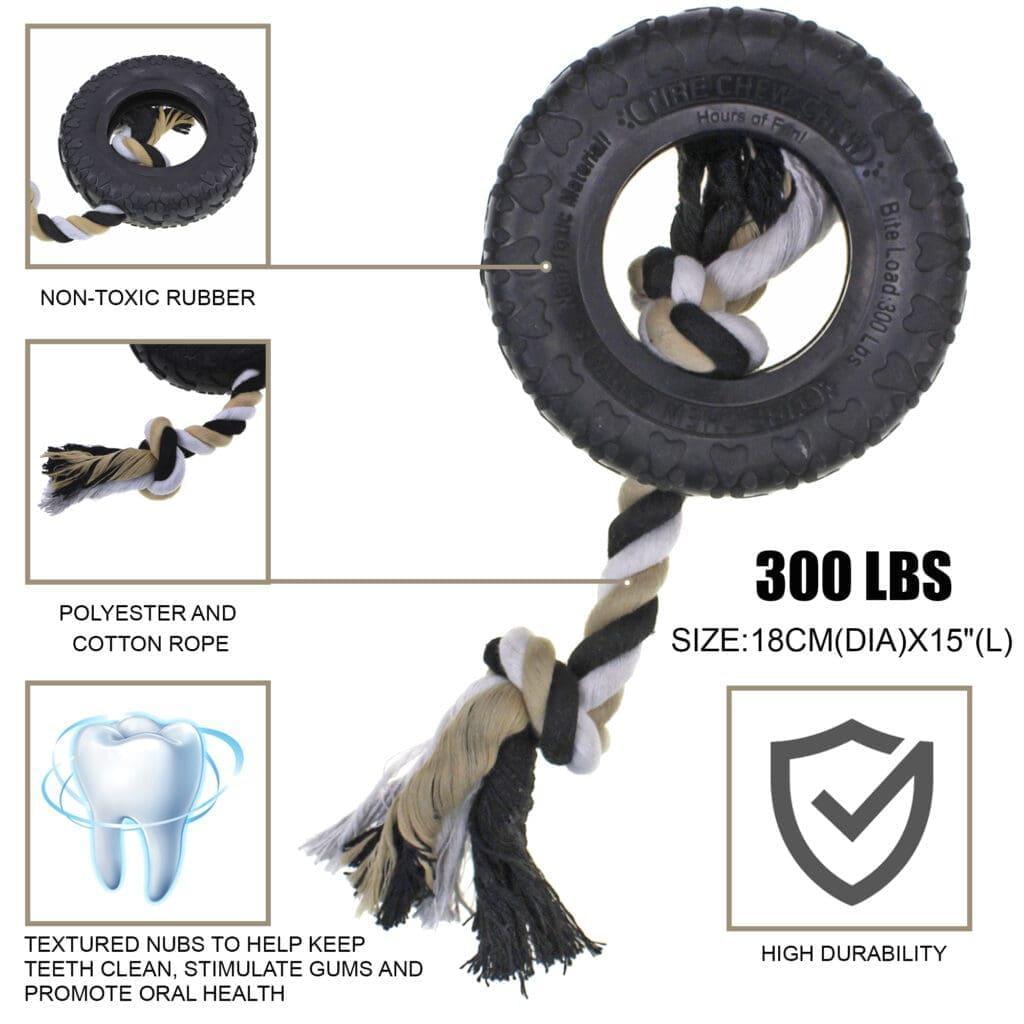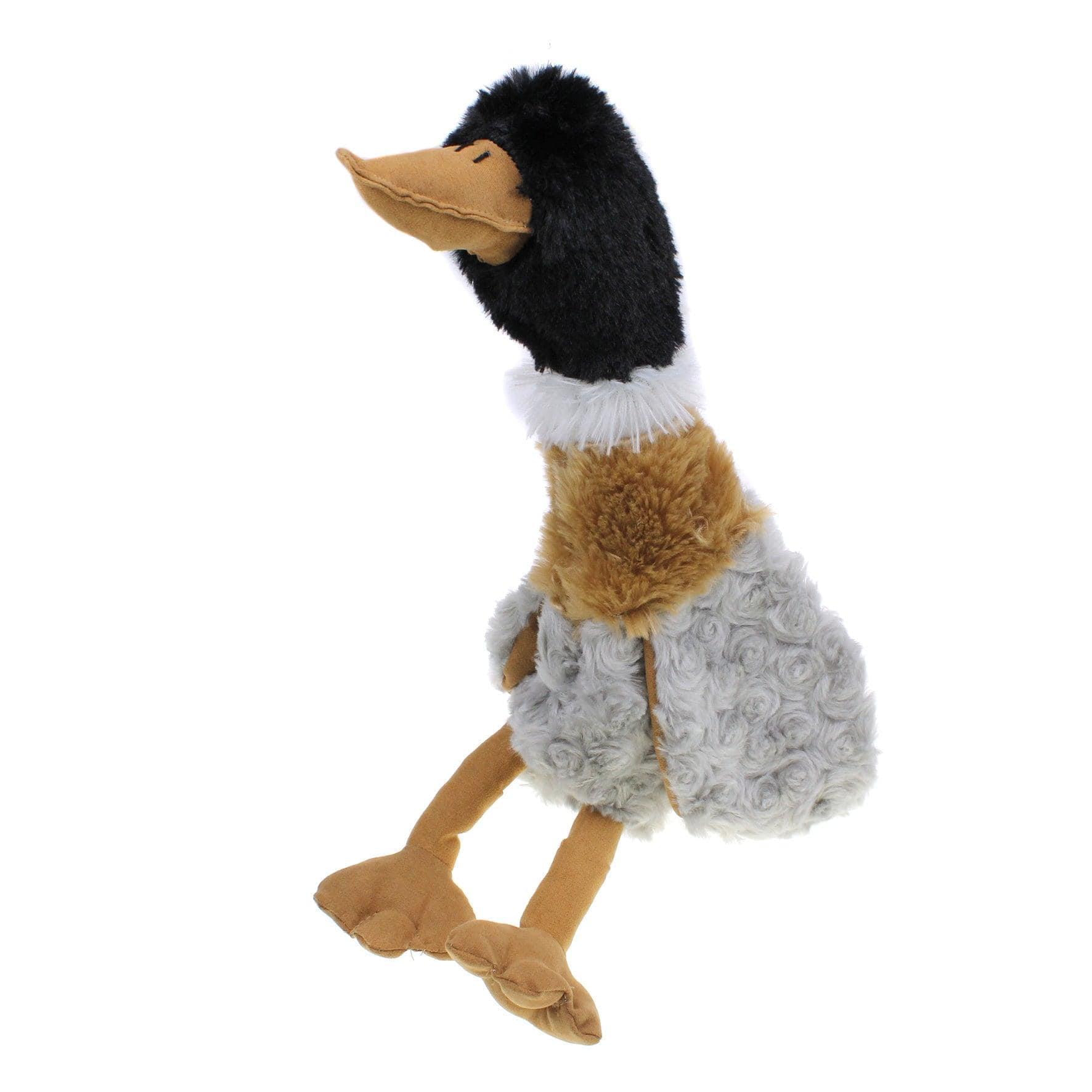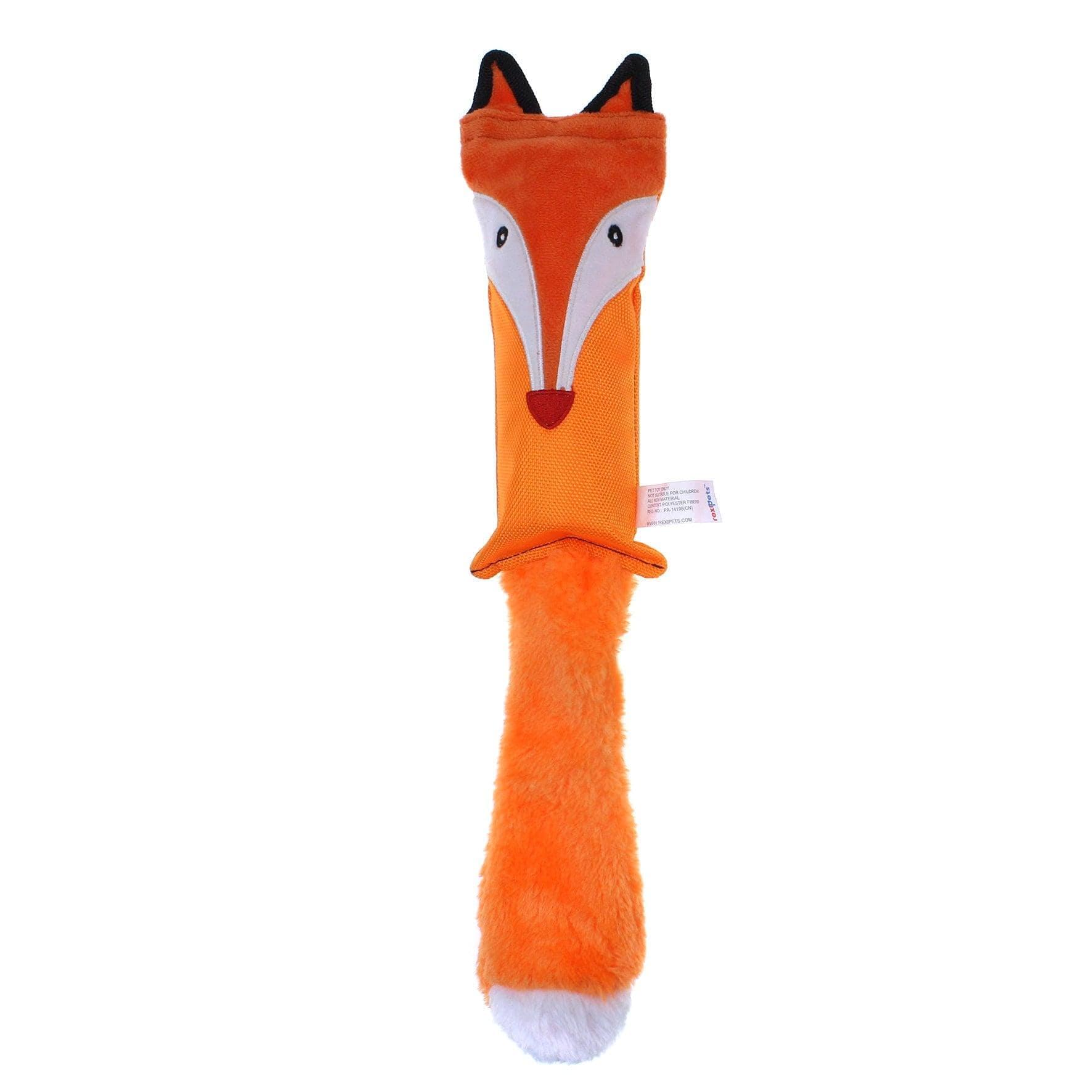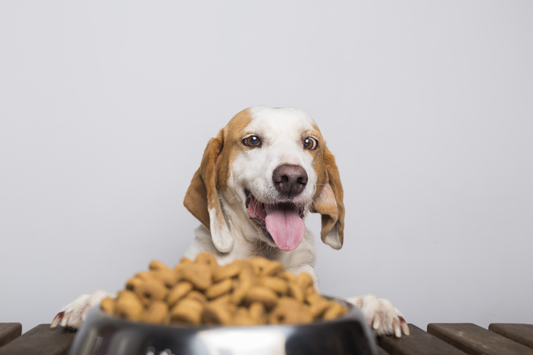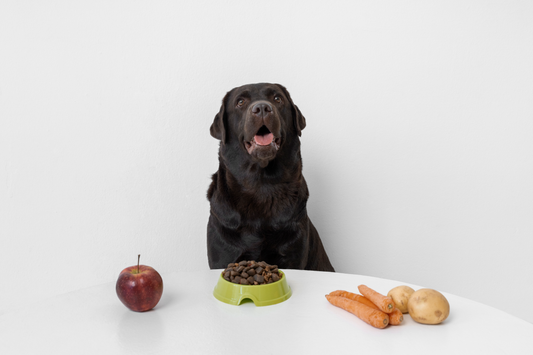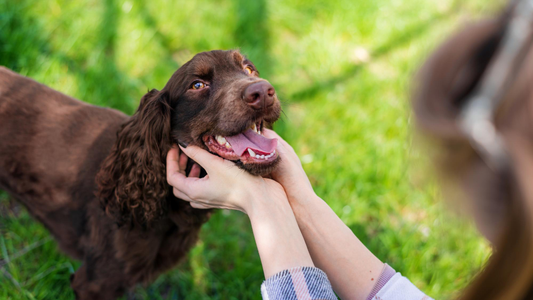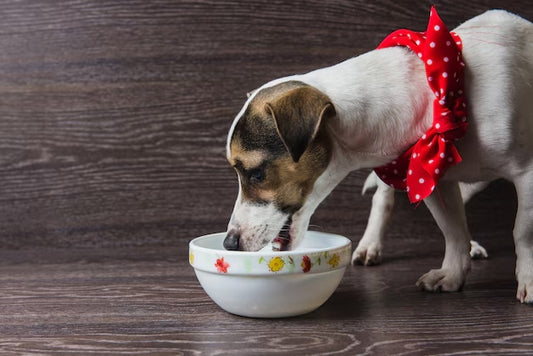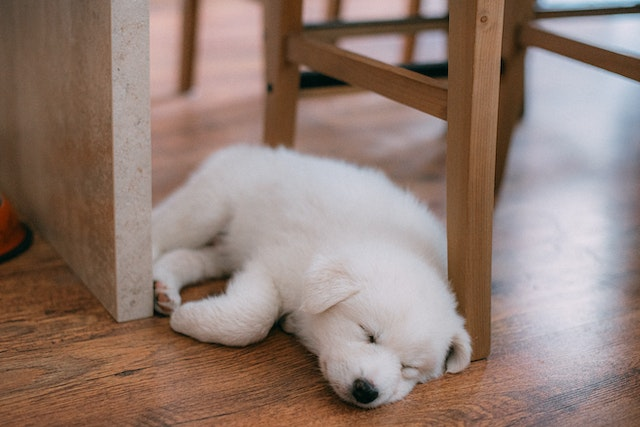
Welcoming a new puppy into your home is a truly wonderful feeling. Having an innocent, pure creature pitter-pattering around the house really brings a lot of joy. But there's a lot more than joy when it comes to owning a dog. They are a huge responsibility, and one should get a dog only if they are fully committed to the bit.
The first vet visit is one of the most critical responsibilities of new pet parents. This initial checkup sets the foundation for a lifetime of good health and happiness for your puppies.
Today, we have compiled a guide for the first vet visit, especially for all the new pet parents out there. We will walk you through everything you need to know and do. This will help you ensure that your puppy's first trip to the vet is a smooth and successful one. We've got you covered, from preparing for the visit to understanding what to expect during the examination.
So, let's embark on this journey together and ensure your new puppy starts life on a healthy note!
When to Take a Puppy to the Vet First Time?
Many animal shelters and breeders kickstart a puppy's healthcare routine before handing them over to their new families. So, when you pick up your fluffy new friend, you should get some paperwork that spells out the following:
- Puppy's history
- What care they've already received
- When it happened
- When you should book your next vet visit
But regardless of what's been done before you brought your puppy home, it's always smart to schedule a new puppy vet appointment within a few days. This way, your vet can check out your pup's records and make sure everything's up to date.
They'll also give your furry buddy a thorough checkup and maybe even run some tests to catch any potential health issues early on. It's also recommended to uncover problems as soon as possible before the breeder's health guarantees expire.
Now, when it comes to the typical vet schedule for puppies, it usually involves appointments every 3 to 4 weeks. You can start when they are around 6 to 8 weeks old. This continues until they hit 4 or 5 months.
As for the vaccination, most puppies are set to start their vaccination at around 6 to 8 weeks of age. For puppies who receive their initial vaccinations later, typically after 4 or 5 months of age, they can usually catch up with two appointments scheduled 3 to 4 weeks apart.
However, it is essential to keep in mind that your veterinarian might adjust this plan to better suit your puppy's specific health history and requirements.
How to Prepare Your Puppy for First Vet Visit?
To prepare yourself for your puppy's first vet visit, gathering as much information as possible is essential. This includes asking questions such as -
- Has the puppy recently traveled from another region or even a different country?
- Are there any behavioral issues as the puppy settles into the new home?
- Is the puppy displaying a healthy appetite with no tummy troubles like vomiting or diarrhea?
- How's potty training going compared to what is expected?
Remember, responding with "I'm not sure" to the vet's questions is perfectly fine. However, the more details you can provide during the appointment, the more beneficial it is for your puppy's healthcare.
What to Bring with You?
When heading to your appointment, consider the following vet visit checklist.
-
Veterinary records (from the shelter or breeder)
-
A list of any questions or concerns you might have
-
Notes about the food and treats you're giving at home
-
A dog carrier or crate with some familiar-smelling towels or shirts
-
A leash and collar or harness
-
Dog chew toys for keeping your pup occupied
-
Treats for rewarding good behavior
-
Any forms or paperwork your vet might require
-
If your vet asks for it, a fresh stool sample.
-
And not to forget, most importantly, your little mischievous puppy!
What Should You Expect During First Vet Visit?
During your puppy's veterinary visit, the staff will kick things off by asking you some questions about your puppy's vet visit, your pup's history, and how they've been doing at home. This is followed by a series of examinations and checks, including:
-
Checking your puppy's weight
So, when you take your pup to the vet, one of the first things they do is put them on the scale. It might seem like a routine thing, but it's super important for many reasons.
First off, it helps your vet track how your puppy is growing. They can see if your furball is putting on weight at a healthy rate. Plus, if there are any sudden changes, it could be a sign of something going on with your pup's health.
It's also key for determining medication doses and ensuring your puppy is eating the right stuff. Plus, it helps with things like flea meds and keeping an eye on overall health. However, when it comes to weight, they might advise you not to give adult dog food to your puppy yet. It depends on your puppies. They will also let you know when can your puppies chew on bones.
-
Measuring their body temperature, pulse, and respiratory rates
Measuring your puppy's body temperature, pulse, and respiratory rates is the second step usually performed at the vet's office. It serves as a vital health assessment as it helps identify potential issues early on.
Body temperature indicates infection or illness if your pup has a fever. Pulse rate indicates cardiovascular health, highlighting irregularities or concerns. The respiratory rate helps lung function and addresses any rapid or irregular breathing, which might point to respiratory problems or stress.
This step offers insights into your puppy's overall well-being, ensuring that any underlying health problems are caught and addressed as soon as possible.
-
Conducting a thorough physical examination
When your puppy visits the vet, they'll also undergo a thorough and complete physical examination to ensure they're in top-notch health. This assessment involves several essential steps:
Firstly, the vet will keenly observe how your puppy moves around the exam room. This observation can reveal any signs of discomfort or mobility issues that might need attention.
Next, they'll examine their entire body. This includes checking their eyes, ears, nose, paws, nails, skin, fur, and genital area. It's a detailed check to catch any signs of infections, irritations, or abnormalities.
Using a stethoscope, the vet will listen carefully to your puppy's heart and lungs. This allows them to assess the function of these vital organs and detect any irregularities in their heartbeats. Finally, the vet visit veterinary staff checks your pup's reflexes. This is a quick way to assess the nervous system and overall health.
If you didn't already bring a stool sample from home, in some cases, your vet might need to collect puppy poop to check for intestinal parasites. For puppies aged 6 months or older, the doctor or a vet tech might also draw a small blood sample to test for heartworms. Additional lab work may also be conducted in puppy vet visits, but your vet will decide based on your puppy's veterinary records.
Final Words!
So there you have it: first vet visits checklist! It's your roadmap to ensure your furry friend is taken care of. Plus, the vet visit cost is not that much, either.
From asking the right questions to being prepared for everything is crucial - The vet will check everything from weight to reflexes so you know your pup's health inside out.
This first visit sets the foundation for a lifetime of happiness and good health. So, are you ready for your puppy's first vet visit? Don't forget to follow the puppy first vet visit checklist.
